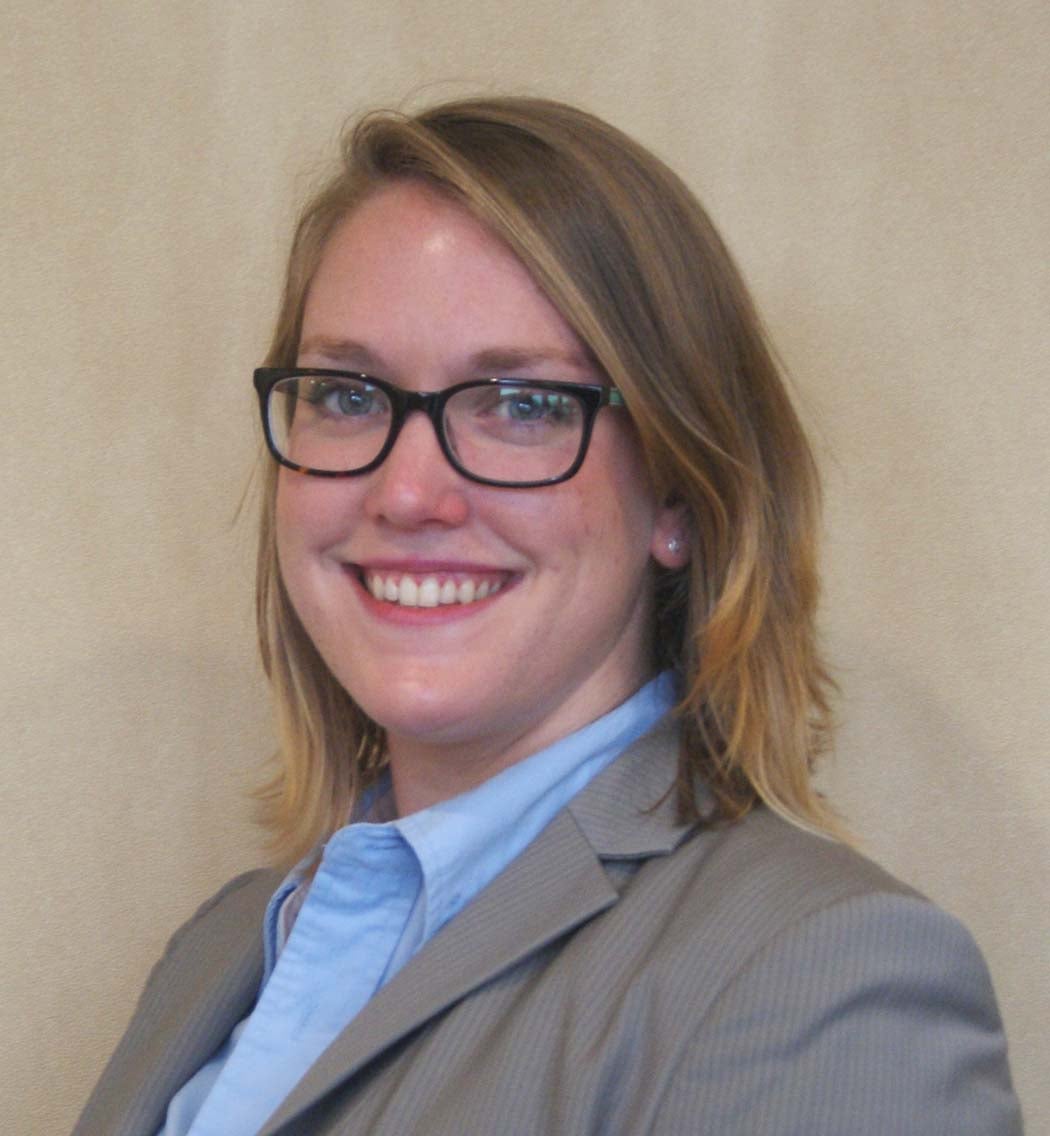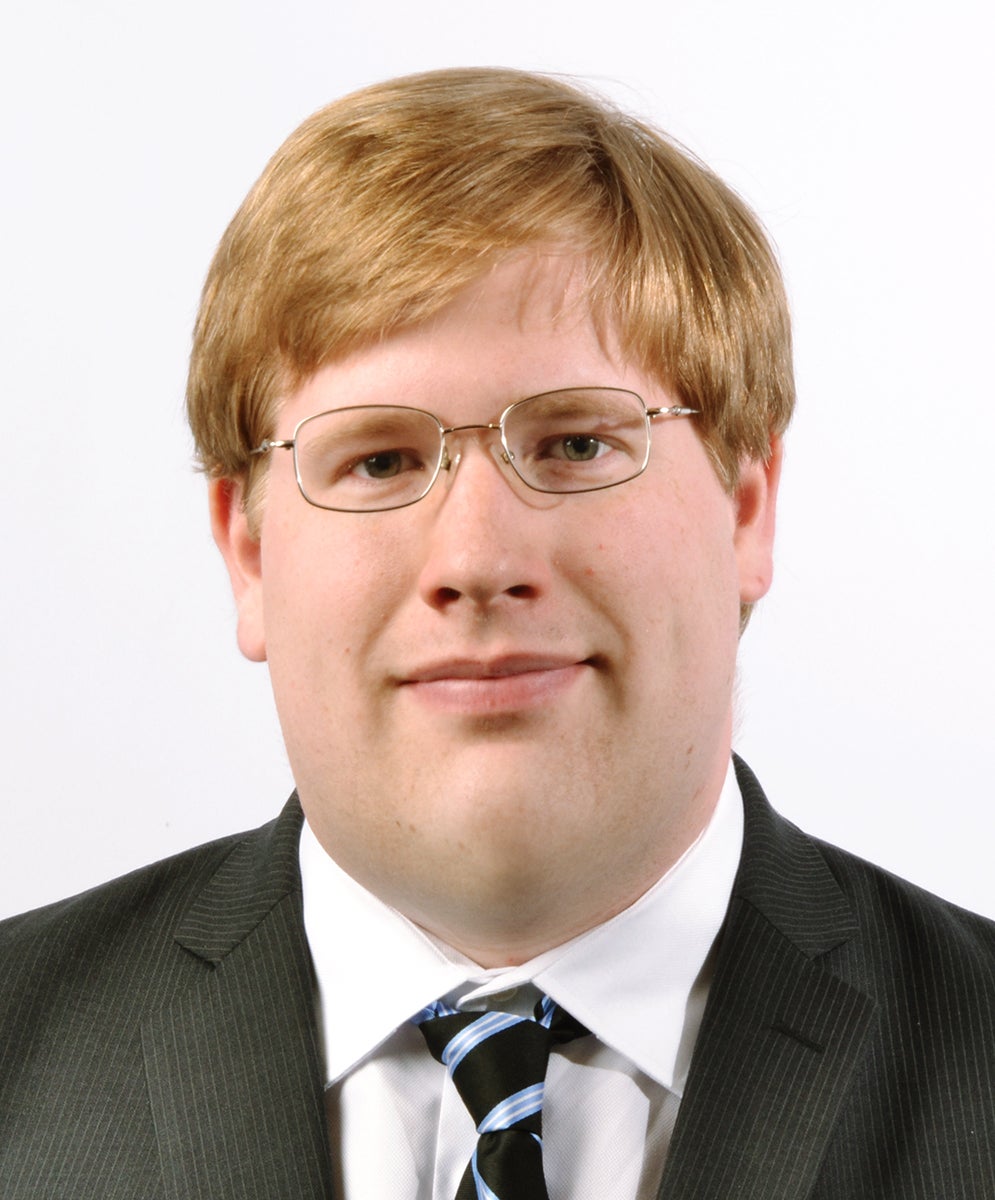KINGSTON, R.I. – December 19, 2016 – Two recent graduates of the University of Rhode Island who earned master’s degrees in marine affairs have been named John A. Knauss Marine Policy Fellows, enabling them to spend a year working on ocean and coastal policy issues in Washington, D.C., next year.
Emily Patrolia of Wenham, Mass., and John Ryan-Henry, who grew up in East Providence and now lives in Westport, Mass., are among 57 students from across the country selected for the $56,500 fellowship. They applied through Rhode Island Sea Grant, which administers the program locally and nominates candidates for consideration by the National Sea Grant College Program.
Their fellowships begin Feb. 1, 2017.

Patrolia will serve as a marine science advisor to the Senate Commerce Committee’s Subcommittee on Oceans, Atmosphere, Fisheries and Coast Guard.
“I’ve hoped and dreamed about being a Knauss Fellow since I was 19 and first heard about it,” said Patrolia. “I’ve gotten to know the small community of marine policy people, and everyone’s advice was to become a Knauss Fellow. It’s a great stepping stone to a career in marine policy. So it was always the first thing on my agenda.”
Patrolia’s fellowship will involve preparing briefings for committee members, recruiting witnesses to give testimony, helping to write bill language and reports, and supporting the staff in the committee office.
“I couldn’t be happier,” she said. “I’ll be working on the majority side – the Republican side – but there is a lot of common ground among the parties on these issues in the Senate, and I’m sure it’s going to be a great experience.”
During her two years at URI, Patrolia conducted research on the recreational use of the state’s salt ponds to better understand how people are using the ponds. Nearly every day for two summers she traveled aboard a Boston Whaler to create maps of “who was doing what where,” from wind surfers and paddle boarders to clammers and hook-and-line fishermen. She also conducted in-person interviews with those using the ponds.
“The maps will help identify the densities and timing of those various activities so managers will be able to determine compatible and conflicting uses,” she said. “It’s baseline data so that if someone wants to put in an aquaculture farm, for instance, we have the data about all the uses of the ponds.”
Throughout her URI years, Patrolia also worked for the Mid-Atlantic Region Association Coastal Ocean Observing System, which brings together scientists, policy makers and non-profit groups to share and apply marine science for a better understanding of the ocean. She currently serves as the group’s director of government relations.
Following her Knauss Fellowship, she hopes to work for the federal government in a marine policy role.
“My career goal has been to spend 5 to 8 years in the federal government, 5 to 8 years in state government, and then move into the private sector. By then I’ll understand enough to be effective,” she said. “But I’m trying to be as open-minded as possible. My experience thus far has taught me that the more you learn, the more things change.”

Ryan-Henry just completed the URI/Roger Williams University dual degree program in marine law and policy, earning a law degree from Roger Williams and a master’s degree in marine affairs from URI.
Like Patrolia, earning a Knauss Fellowship has been a personal goal since he started law school. “It’s an excellent gateway into ocean and coastal management in the federal government system,” he said. “It puts me on the ground with people in the federal system who are taking active steps to address climate change and coastal resilience, which is hard to do right out of school.
“I was ecstatic when I got the call that I was selected,” he added. “It’s a very big deal for me.”
Ryan-Henry earned an undergraduate degree in geology from Brown University, where he developed highly technical knowledge about climate change. But rather than focus on climate science, he realized that his skills would be better suited to addressing the problem by working on policy and management.
“It’s a complicated time, and there are a lot of significant problems facing humanity, and climate change is one of them,” he said. “The more we act now the less hardships we’ll have in the future. It’s a big problem to tackle, and one that I’m personally invested in.”
For his Knauss Fellowship, Ryan-Henry will serve as a coastal policy fellow for the U.S. Army Corps of Engineers and the Coastal States Organization on various projects related to water resources and coastal resilience and adaptation.
“I’ll be doing a mix of policy analysis and legal analysis to support the projects that both organizations are doing, making presentations, and working on projects that get people from coastal states and the Army Corps in the same room to better understand what each is doing,” he explained.
While earning his URI degree, Ryan-Henry conducted research on the climate-related issues facing ports. Focused on the Red Hook Container Terminal in Brooklyn, he interviewed a wide variety of stakeholders to learn about the effects of increasingly severe coastal storms on port operations so port managers have a comprehensive understanding of the issue and can develop plans to address those effects.
At the completion of his fellowship, Ryan-Henry seeks a career “wherever I’m useful, probably in government, working with people who are on the ground building strategies and implementing solutions to the problems of coastal adaptation.”
The National Oceanic and Atmospheric Administration’s John A. Knauss Marine Policy Fellowship, established in 1979, matches qualified graduate students interested in the national policy decisions affecting ocean and coastal resources with hosts in the federal legislative or executive branches of government. The fellowship is named for the former dean of the URI Graduate School of Oceanography who also served as NOAA administrator.

